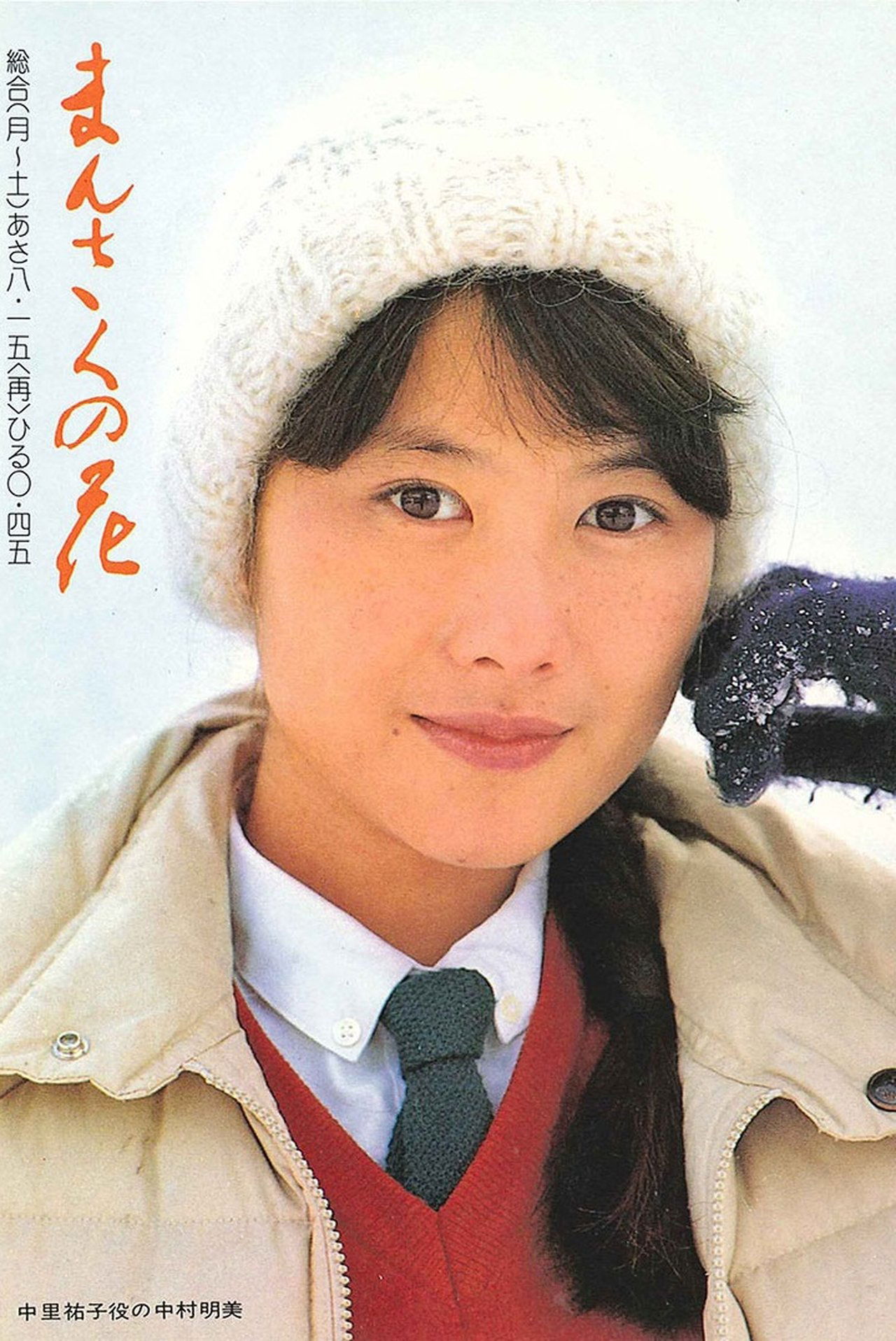Hanu-Man is a heartfelt Japanese drama that captures the quiet beauty and challenges of life in a snowbound region. Set in the serene yet harsh environment of Yokote, Akita Prefecture, the film focuses on the Nakamori family, whose lives are shaped by nature’s extremes. Without giving away key plot details, this story blends the warmth of human connection with the resilience needed to endure long, cold winters. It is a film that invites viewers to slow down and immerse themselves in the rhythms of rural life.

| Film Title | Hanu-Man |
|---|---|
| Genre | Drama |
| Directed by | Not Specified |
| Written by | Not Specified |
| Release Date | Not Specified |
| Starring | Akemi Nakamura, Takeo Namai, Michiko Araki, Gaku Yamamoto, Tappei Shimokawa, Ai Sasaki, Chieko Baisho, Jūkichi Uno |
| Language | Japanese |
The film’s theme revolves around family bonds, perseverance, and the harmony between people and their environment. It portrays how love, understanding, and shared traditions help the Nakamori family survive the toughest months of the year. This is not a fast-paced drama, but one that unfolds gently, allowing viewers to absorb the emotional undercurrents and the sense of place that defines its characters.
With its slow-burn storytelling and attention to everyday details, Hanu-Man will appeal to audiences who appreciate character-driven narratives and atmospheric cinema. The cinematography captures the stark contrast between the snowy landscapes and the warmth of the family home, making it visually engaging while grounding the drama in authenticity. It’s a film for those who enjoy quiet yet deeply moving stories.
Story and Cast Details
The plot follows the Nakamori family, who live in an area where snow blankets the land for nearly half the year. This unique setting influences every aspect of their lives, from work to relationships. The film portrays their daily routines, struggles, and moments of joy, offering a glimpse into how people adapt to and embrace nature’s challenges. The harsh winters become both an obstacle and a backdrop for personal growth and family unity.
The cast delivers natural, heartfelt performances. Akemi Nakamura embodies quiet strength as the matriarch, while Takeo Namai provides a grounded, steady presence. Michiko Araki and Gaku Yamamoto add emotional layers through their nuanced portrayals of younger family members. Veteran actors like Chieko Baisho and Jūkichi Uno bring depth and gravitas, making the family dynamics feel authentic and lived-in. Their combined efforts result in a cast that feels less like performers and more like real people.
Visually, the film is a treat. The snowy vistas are captured with a painter’s eye, and the intimate interiors glow with warmth and life. The pacing allows viewers to breathe in the atmosphere, while the sound design enhances the immersive experience—whether it’s the crunch of snow underfoot or the soft crackle of a fire inside the family home.
Conclusion
Hanu-Man is a moving portrayal of resilience, family love, and the beauty found in life’s quieter moments. With its strong performances, stunning cinematography, and heartfelt storytelling, it offers a cinematic journey that lingers in the heart. For anyone seeking a reflective and visually rich drama, this is a film worth watching.




